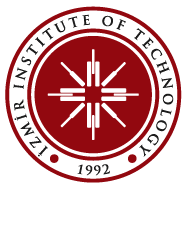Overview
There are two Mathematics Master's programs in the department: "Thesis" and "Non-Thesis". Students may choose to conduct research in areas such as Algebra and Number Theory, Harmonic Analysis, Hydrodynamics and Fluid Mechanics, Mathematical Physics, Numerical Analysis, Operator Theory, Partial Differential Equations, Cryptography and Coding Theory, Topology and Knot Theory.
With the mathematics education, students learn to work independently, develop their critical thinking skills, break down complex problems, test solutions and interpret results. They also progress towards being collaborative, dynamic and creative in science by participating in seminars, conferences and scientific projects.
The main aim of the Mathematics Master's Program is to increase the knowledge and experience of the students to a level that can carry out academic studies in the fields of theoretical and applied mathematics and contribute to quality education. Another aim is to provide students with the opportunity to meet and work with advanced mathematics subjects required in professional fields such as computers, software, cryptology, coding, informatics, finance and economics.
In the Thesis Master's Program, the number of credit courses students must take is at least 7 and the total number of credits is at least 21. The list of compulsory courses is given in the Education Plan.
In the Non-Thesis Master's Program, the number of credit courses students must take is at least 10 and the total number of credits is at least 30. The list of compulsory courses is given in the Education Plan.
